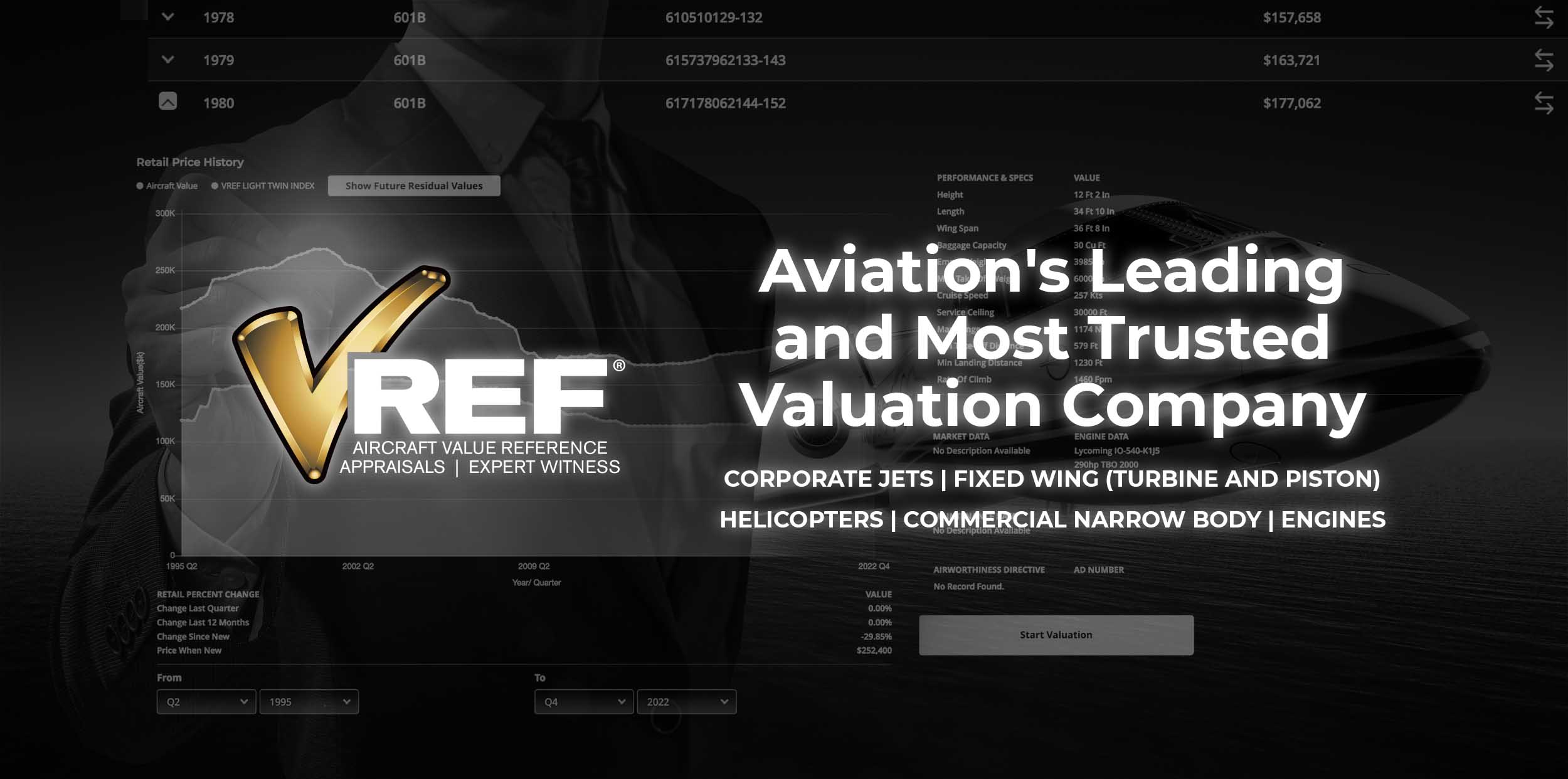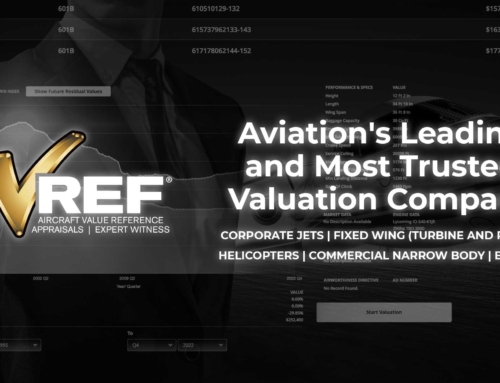Private aircraft are one of the most expensive assets available to most consumers, with new private jets costing in the $3 million to $90 million range. If you are considering a purchase, then you might have already guessed – pulling the trigger on a private jet purchase is an overwhelming and often confusing experience. Buying a private plane, whether its a twin-engine Cessna or a custom Bombardier Global 6000, is complex, and the purchase process is as well.
There are a bunch of insider tips that I am going to provide in this article. I am going to tell you the top 5 ways to avoid nasty surprises and burdensome financial headaches.
Private Aircraft Purchase Tips
The truth is when it comes down to signing the contract, buying a private plane has substantial financial ramifications and lurking potential liability. There are many ways you can protect yourself, and here are 5.
1. Research, Research, and then Charter
Unless you won the lottery and have nothing to lose, my suggestion is to spend a substantial amount of time in the research phase of your new obsession. Let’s are honest. If you are like me, when I decide I am buying something, I want to know everything. I become so obsessed over it that this new project consumes all my free time. If you are considering purchasing a plane, and you are not spending every second of your free time researching, then stop now. The pursuit of an aircraft is complex, and there is no consumer protection. You will be faced with many decisions, all of them requiring knowledge and experience.
It is essential to be able to answer the following questions:
- How much can I afford?
- Is this for personal or business use?
- Where am I flying? Who will be flying with me?
- Will I operate the plane, or will I need to hire a crew?
2. Consider Hiring a Broker
Brokers bring to the table what you have already figured out; that is what you do NOT know. A great broker will not only have guidance and expertise to share about how to buy, but they will also know the specific aircraft you are interested in buying. A broker should be hired because you need someone to oversee the transaction and its various moving parts. The more complex the equipment, the more problems you will face. A broker will have resources that you do not, like a great insurance broker, or access to aircraft that are of interest to you. Just like real estate, an aircraft broker will set up viewings and assist in demo flights.
I highly suggest you sign a contract and determine upfront all aspects of the deal. How much are you paying your broker for a commission? Did you get a declaration that he or she will not make any other money in the deal? In other words, your broker needs to act in your best interest, so who you hire is equally crucial to the transaction going smoothly or ending up in 5 years of litigation. Remember, if something feels off, it probably is, so protect yourself.
3. Check Market Value
Never go into any aircraft negotiation blind. Do your research and do it well. You want to know every detail and all your purchase options.
You are going to want to know what it is worth and what you should pay for it. The best way to go about this is by hiring an ASA Senior Accredited Appraiser like VREF’s staff. By entrusting a fiduciary, you can rest assured someone is looking out for your best interest.
4. Agree to a Budget
Determining the price range that makes sense for your purposes is an excellent means of narrowing down your options and keeping stress levels low. To do this, you are going to need to put a few things on paper. Besides the cost of the plane itself, make sure to budget for:
- hanger rent or purchase
- pilot and crew
- regular maintenance and repairs as needed
- flight safety inspections
- insurance
- broker fees
- escrow fees
- financing closing fees
- legal fees
- Appraisal fees
- registration and other documentation fees
- import and other taxes (if applicable)
Owning a jet has a long list of costs, in addition to fuel and parking. Make sure you put aside a reasonable operating budget for your aircraft. A good rule of thumb when planning a private plane is to hope for the best case, but budget for the worst-case scenario.
5. Do a Prebuy and Review Those Logbooks!
It amazes me in 2020 that people are still willing to forgo a prebuy inspection to save a few dollars. This is the single biggest mistake people make. A prebuy is more than a thorough review of the aircraft; it is a critical component to the transaction to ensure you are getting what you are paying for in the contract. The proper pre-buy involves reviewing the aircraft records, logbooks, service bulletins, airworthiness directives, and STC’s. I can assure you even some of the best-maintained aircraft have missing STC paperwork or other documentation problems. Once you close, those problems belong to you. A thorough prebuy will look at areas that the maintenance facility recognizes as problematic or potential for lurking unknown discrepancies. Only a facility with experience dealing with your model of aircraft should be hired. After all, you wouldn’t hire a Ford mechanic to change the transmission in your Ferrari, much less be able to point out to you where corrosion may be hiding.
The Sky Is the Limit
When it is all said and done, a private aircraft purchase will allow you to see the far corners of the world with privacy, security, and safeguards to keep you and your family healthy from exposure to the COVID-19 virus. If you are serious about owning a plane, research, ask for help, talk to friends and call us, Jason Zilberbrand, ASA is happy to help with all of your first time buying needs.
Don’t hesitate to call 844.303.VREF for advice or get started with our valuation software.



